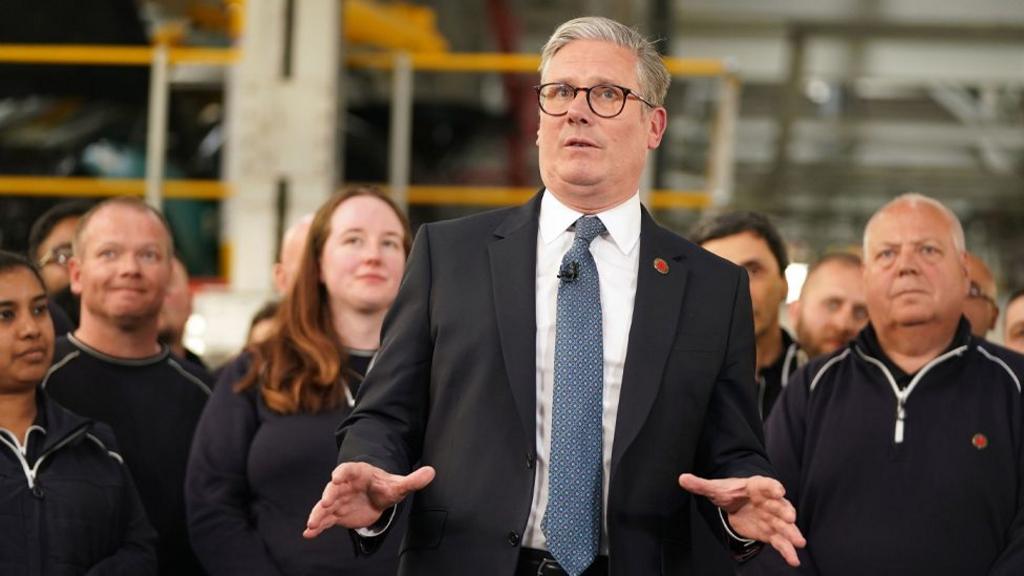This month has seen a flurry of significant trade agreements.
Following a deal with India earlier this week, a pact with the US has been finalized, and a further agreement with the European Union is anticipated at a UK-EU summit in London the following week.
These agreements, while all categorized as trade deals, are remarkably diverse in their scope and specifics.
Let’s examine the recently concluded US trade deal in greater detail.
Ministers have emphasized a practical approach, focusing on tangible benefits for workers and industries rather than abstract statistics.
The Prime Minister’s return to the Jaguar Land Rover production line in Solihull, West Midlands, is illustrative. This facility was visited shortly after President Trump imposed substantial tariffs on British car exports, leading to temporary suspension of shipments to the US.
The government was acutely aware of the dire consequences for JLR and other businesses if a resolution wasn’t swiftly achieved.
West Midlands Mayor, Labour’s Richard Parker, expressed considerable relief at the outcome.
While tariffs on the automotive sector haven’t been eliminated entirely, the significant reduction has vital implications for the sector’s viability and the regional economy.
The speed of this diplomatic achievement is also noteworthy; providing immediate relief for businesses struggling with budgetary constraints.
However, political opponents accuse the Prime Minister of exaggerating the deal’s significance, echoing President Trump’s rhetoric.
Critics argue the deal primarily addresses recent tariff increases rather than representing a comprehensive free trade agreement—a point worthy of consideration.
When questioned, Sir Keir Starmer acknowledged that while the deal offers improved trading conditions compared to recent days, they may not surpass those of six months ago. He emphasized a comparison with the immediate past.
The US, employing a forceful approach, has expedited these negotiations. The resulting agreement differs significantly from those discussed during President Trump’s first term.
However, this has benefits for the UK. The Digital Services Tax, generating nearly a billion pounds annually from large US tech companies, remains unaffected.
Furthermore, the agreement avoids entanglement of sensitive issues such as the NHS or food standards.
Discussions are ongoing to reduce the 10% tariff imposed by the US on most UK exports.
Further developments will depend on future US agreements and President Trump’s pronouncements – concerns about tariffs on the film industry remain.
Detailed analysis is crucial, especially given the ongoing nature of these negotiations.
UK industries and businesses will meticulously examine the specifics to ascertain their implications.
For the Prime Minister, facing political headwinds both domestically and internationally, this limited but positive outcome offers a much-needed boost.
Sign up for our Politics Essential newsletter for in-depth analysis of UK and international political developments.
The White House has reaffirmed its commitment to the proposed deal, despite criticism from some of the president’s key allies.
Syria’s interim leader met with the US president in Riyadh following the announcement of sanctions relief for Syria.
The UK government stated that there is “no such thing as a veto on Chinese investment” within its tariff agreement with the US.
The White House confirmed that the US president will meet with Syria’s interim leader during his Middle East tour.
The wartime Alien Enemies Act has been controversially utilized to deport Venezuelans to a large detention facility in El Salvador.

